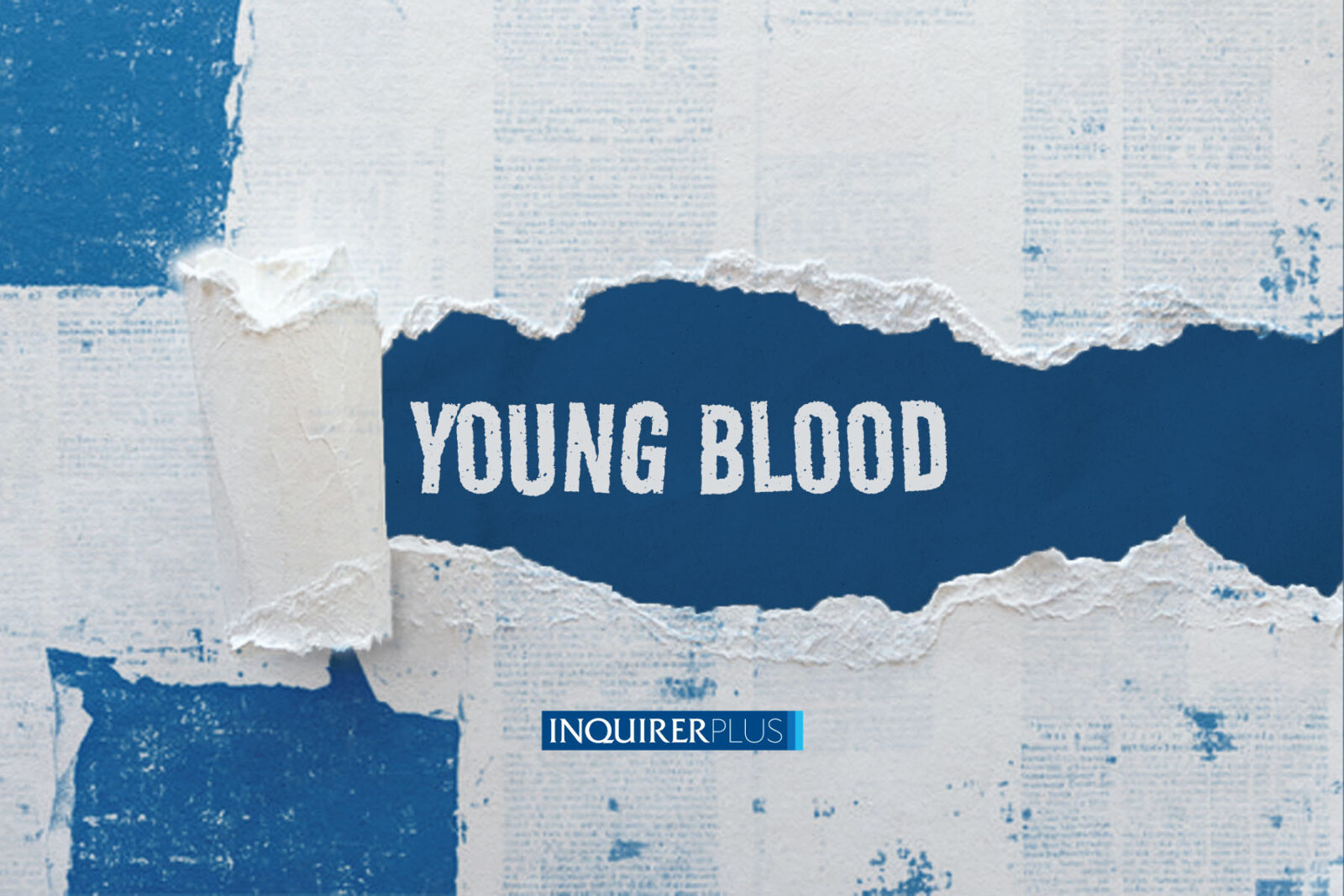‘Pilipinas, ang hirap mong mahalin’

I recently witnessed one of the scariest times of my life.
My best friend spent her only day off with me, trying to breathe from all the pressure of her job, her responsibilities, and the never-ending pressure to always be okay. On the way home, she suddenly collapsed by the roadside. She was walking slowly, then sideways, and fell.
We carried her to our patio. Raised her legs. Propped her head. Her voice was fading. Her hands and legs were numb. Her breathing, shallow. That wasn’t the worst part. It was how no one took her seriously.
Instead of rushing to help, the barangay ERT mocked us.
“Closed ang health center (The health center is closed).”
“Naa moy downpayment pang private hospital? (Do you have downpayment for a private hospital?)”
“Asa na hospital mani ninyo i-admit? (Which hospital do you plan to take her?)”
“Basin gikapoy rana (Maybe she’s just tired).”
No urgency, no empathy. Just mockery, suspicion, and delay. They made it sound like we were overreacting, like she just needed rest. As if breathlessness, tremors, and full body paralysis were just signs of “gikapoy.” They forwarded us to another team, we waited for 30 minutes, called again, got a busy line, and waited some more. When they finally arrived, instead of first aid, we got a quiz show. They were asking everything except the questions that mattered.
When we finally got into the ambulance, the ERT looked asked: “Asa ang ginikanan ani? (Where is her family?)”
She’s 25. A working professional. Rents her own place in the city. A breadwinner. She lives away from home because she’s the one keeping her family afloat. And when we told her we were calling for help, she begged, “Ayaw sila pahibaw-a ha, okay raman ko (Please don’t let them know, I’m okay).”
She couldn’t breathe. She was on the ground, shaking.
But her biggest fear?
Not dying or being in pain. It was being a burden.
Because in this country, when you’re the breadwinner, you suffer quietly, collapse silently, and apologize for being human.
And even when your body is screaming, you still whisper, “okay rako (I am okay).”
That’s not strength, that’s trauma. That’s the cost of surviving in the Philippines.
We hoped the hospital would be different, but we were met with the same judgment, disbelief, indifference.
The ER staff smirked and asked if someone had broken her heart. They handed her a used Julie’s Bakeshop paper bag and put her in the lobby like she was some drama queen causing a scene. If that wasn’t enough, they gave us another round of judgment of “Naa nay nakaaway? (Did she fight with someone?)”
No medication. No specialist. No compassion. Just a quick blood test, a dismissive glance, and lazy instructions: “Ipa-check-up lang na sya ug psychiatrist (Have her checked by a psychiatrist)” and “Ingna lang gi-check na syag ER na doctor (Just tell them she has been checked by an ER doctor).”
No name. No referral. Not even a doctor came to talk to us. No follow-up, just a bill.
And then came the final slap: Her corporate HMO didn’t cover mental health, let alone “just an anxiety attack” as the guarantor told us over the phone.
She works full-time. She pays taxes. She contributes. She held down a stressful job, yet she wasn’t covered.
Apparently, “just an anxiety attack” isn’t covered.
Not by her HMO or the government. Because in the Philippines, mental health emergencies are not emergencies.
They’re just being dramatic, tired, or OA.
This isn’t just about my best friend anymore.
This is the Filipino reality.
We talk about Mental Health Awareness every October. We paint murals. We share quotes. We post hashtags. We say, “You can talk to me.” But when someone is actually breaking down?
We mock. We question. We scroll past.
Here’s the truth: MENTAL HEALTH IS HEALTH.
Yet we treat it like an inconvenience.
To our government, our taxes deserve better.
To every medic and ER staff member who mocked us, you are part of the problem.
To every breadwinner suffering silently: You are not alone. Your pain is valid.
PILIPINAS, ANG HIRAP MONG MAHALIN.
But we’re still here.
Let’s break the silence and shatter the shame. Because no one should feel like their suffering isn’t worth saving.
So we speak up. Not for pity, but for change.
—————
Belle, 26, was a mental wellness ambassador in her previous corporate job.





















Addressing the biggest crisis of our time